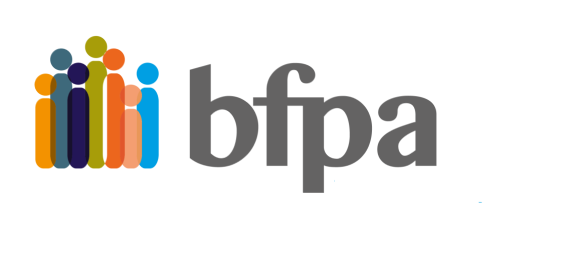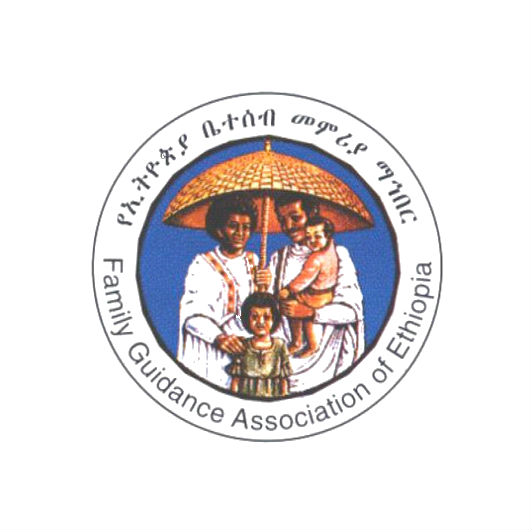

| 31 March 2016
Barbados Family Planning Association (BFPA)
The BFPA also known as the Barbados Family Planning Association is a benevolent organization created to protect, serve, and empower every Barbadian with their Sexual and Reproductive Health and Rights embedded in a human and Sexual rights approach. The Association carries out its mission in the following ways clinical and medical service; education; national, community and individual intervention programs; strategic advocacy; intense research; provision of data; and most importantly protecting the most vulnerable and marginalised groups in society. It was established by an act of Parliament in 1954 and governed by an elected group of volunteers. The Association is an independent entity and governed by a constitution. The BFPA for transparency and accountability is governed by a Board of Ten (10) Elected Directors (President, Vice President, Secretary, Treasurer, Public Relation Officer and Five Floor members which consist of two youth members). For further accountability and transparency, several government agencies have ex-officio representatives on the Board these are the Ministry of Health and Wellness, the Ministry of Youth Affairs, the Ministry of Education and Innovation, and the private sector. The diversity is further reflected through our Board and member with additional ex-officio e.g., LGBTQI Persons, Women’s groups, youth, and other partners. The Association is operationally managed by an Executive Director who is supported by highly technical, skilled, and qualified staff. Through a well-managed and sustainable revitalization process, the BFPA membership and board reflects the diversity that is in Barbados, with the following characteristics: age, ethnicity, religious preference, disability, sexuality, and socio-economic diversity. The BFPA has one location which is a comprehensive clinical facility and community social service hub. With the reorganisation of the work of the BFPA under the societal impact and sustainability pillars of Medical and Clinical Services, Commodity Distribution, Sexual Rights Advocacy and Intervention Programming, Counselling and Mental Health Support, and lastly the protection of the freedom of all to have Sexual Pleasure in a safe, respectful, and private manner.

| 31 March 2016
Family Guidance Association of Ethiopia
Ethiopia, the second most populous country in Africa, and the tenth most populous in the world, has enormous sexual and reproductive health (SRH) challenges as the statistics demonstrate. The Family Guidance Association of Ethiopia (FGAE) celebrated its 50th anniversary in 2015. It has a broad reach which focuses on providing poor and marginalized populations with family planning, safe abortion care, maternal and child health care, prevention and treatment of sexually transmitted diseases (STIs) including HIV and AIDS and associated opportunistic infections. In the shape of permanent clinics, mobile facilities and community-based services (CBSs), FGAE has numerous service points. Staff, backed by over thousands of volunteers, hundreds of peer educators and demand creators. There’s no disguising the fact that achieving proper SRH amongst the Ethiopian people is an exhausting uphill struggle. FGAE has the will, the determination and the backing to fight for people’s rights and welfare. Access is key to the Member Association’s activity, and it works extensively with young people to inform, educate and provide essential SRH services. FGAE also runs special projects targeted at particularly vulnerable individuals and groups: street children, people living with HIV and AIDS, sex workers, and young migrants in 8 of the 11 principal Regions in Ethiopia. FGAE partners with government, with non-governmental organizations (NGOs) including the Ministry of Health, Ministry of Education, the Ministry of Women, Children and Youth, UNFPA-Ethiopia, CARE-Ethiopia, DKT-Ethiopia, the Ethiopian Women’s Lawyer Association, and a broad spectrum of HIV and AIDS-related operations. Private sector partners include networks of 420 private health facilities and donors to the Member Association’s work include the Royal Netherlands Embassy, the Packard Foundation, IPPF’s Japan Trust Fund, USAID/CDC and DFID.







